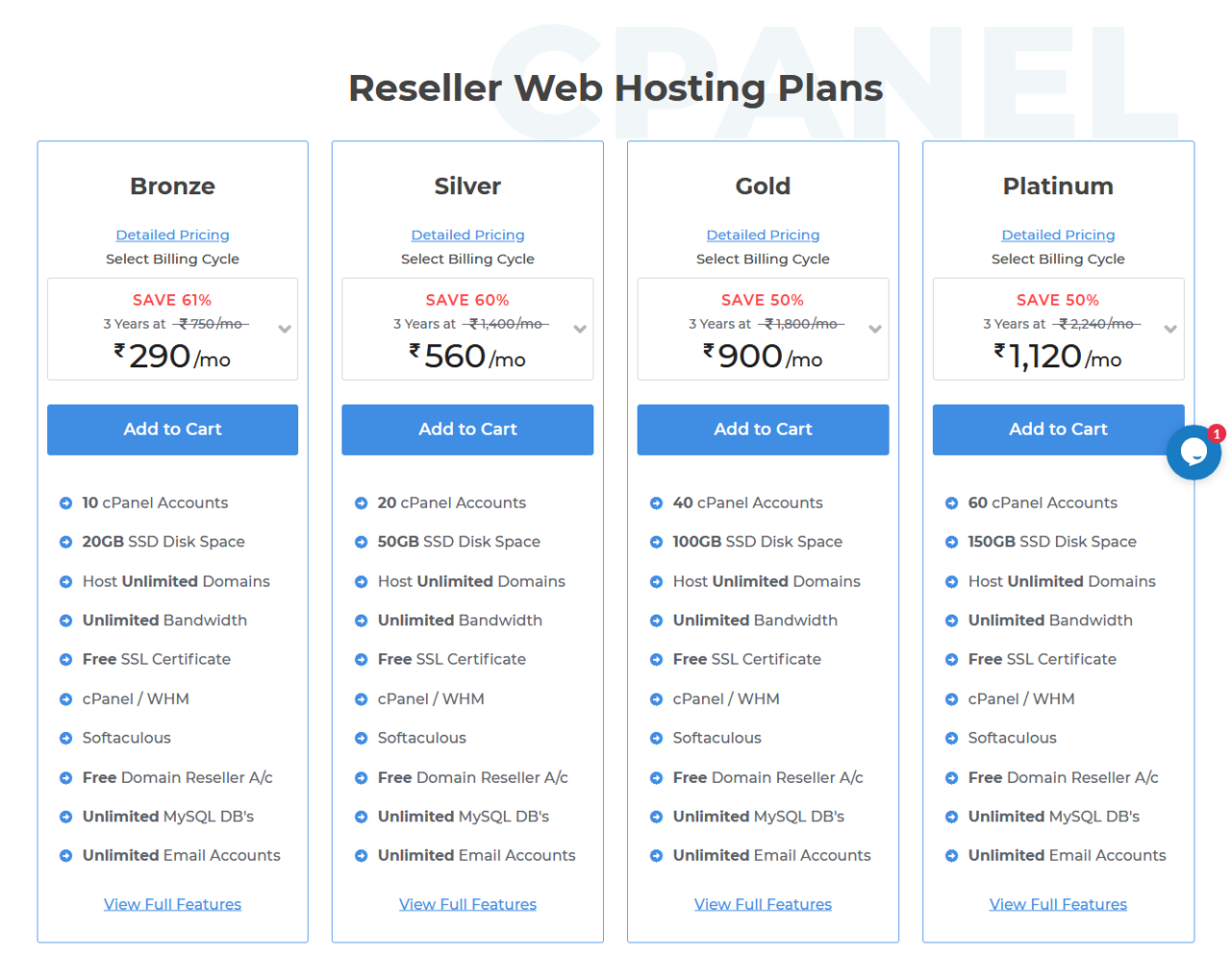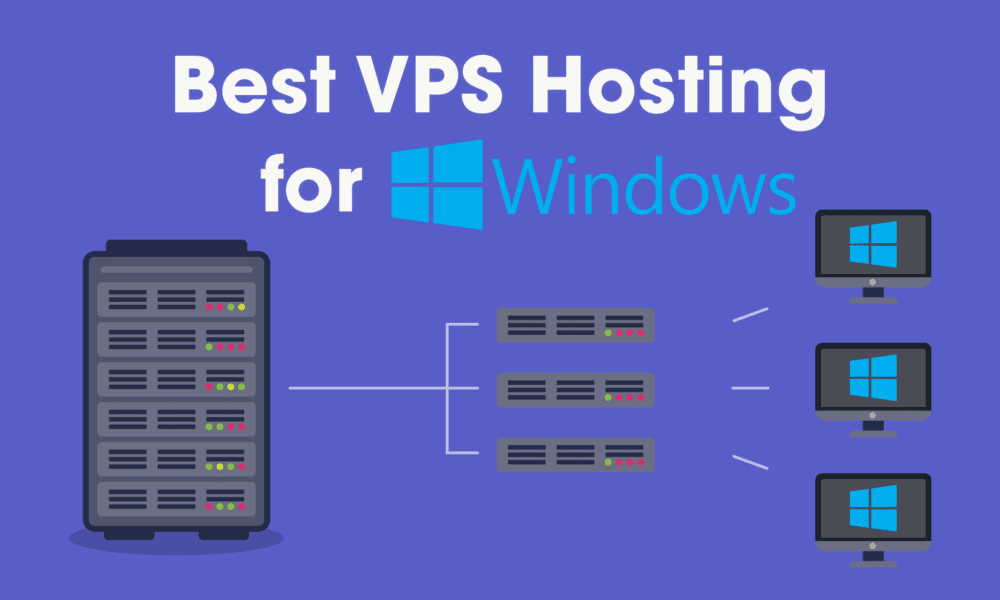Web hosting reseller plans offer a lucrative opportunity to enter the dynamic world of web hosting. By partnering with a reputable hosting provider, you can leverage their infrastructure and expertise to offer your own branded hosting services to clients. This business model allows you to control your pricing, customize your offerings, and build a thriving online business.
This comprehensive guide will explore the ins and outs of web hosting reseller plans, from choosing the right plan to managing your reseller business effectively. We will delve into key considerations such as pricing strategies, marketing tactics, legal and ethical aspects, and emerging trends in the industry.
Choosing the Right Reseller Plan

Choosing the right reseller plan is essential for your success as a web hosting reseller. It’s not just about picking the cheapest option; it’s about finding a plan that aligns with your business needs, target audience, and growth goals.
Types of Reseller Plans
Reseller plans come with different control panels, each offering distinct features and functionalities. Here’s a breakdown of some popular options:
- cPanel: One of the most widely used control panels, cPanel is known for its user-friendly interface and comprehensive set of features. It provides a range of tools for managing websites, email accounts, databases, and more. Resellers can create and manage multiple client accounts easily.
- Plesk: Another popular control panel, Plesk offers a robust and versatile platform. It provides a wide array of features, including website management, email, security, and automation tools. Plesk is known for its scalability and ability to handle high traffic loads.
- WHM: WHM, or Web Host Manager, is a powerful control panel primarily used for managing and provisioning cPanel accounts. It allows resellers to set up and configure cPanel accounts, manage server resources, and control billing and other aspects of their reseller business.
Factors to Consider When Selecting a Reseller Plan
When choosing a reseller plan, consider these key factors:
- Storage and Bandwidth: The amount of storage and bandwidth you need will depend on the size and traffic volume of your client websites. Choose a plan that offers sufficient resources to avoid performance issues and ensure smooth operation.
- Control Panel Features: The control panel plays a crucial role in managing your reseller business. Ensure the chosen plan offers features that meet your needs, such as website management tools, email functionalities, security features, and billing capabilities.
- Pricing and Scalability: Compare pricing structures and consider the plan’s scalability. Choose a plan that offers flexibility to upgrade as your business grows and demands increase.
- Support and Documentation: Reliable customer support and comprehensive documentation are essential for a smooth reseller experience. Look for a provider that offers prompt and helpful support to address any issues or questions you might have.
Key Features for a Successful Reseller Business
Here are some key features that are essential for a successful reseller business:
- Easy Account Management: The ability to create, manage, and provision client accounts seamlessly is crucial for efficient reseller operations. A user-friendly interface and automated processes can significantly simplify account management.
- Robust Security Features: Security is paramount for your clients and your business. Look for a plan that offers comprehensive security features, including firewalls, malware protection, and regular security updates.
- Flexible Billing Options: Offer your clients various billing options, such as recurring payments, custom billing cycles, and payment gateways. This flexibility makes your services more appealing and convenient for your customers.
- Scalable Resources: As your client base grows, your resource needs will increase. Choose a reseller plan that offers scalability to accommodate the growing demand for storage, bandwidth, and other resources.
Pricing and Profitability
Setting the right prices for your reseller plans is crucial for success. You need to strike a balance between attracting customers and ensuring profitability. This section will explore how to create a pricing model, analyze factors that influence pricing decisions, and discuss strategies for maximizing profit margins.
Pricing Model, Web hosting reseller plans
A pricing model provides a framework for determining the price of your reseller plans. It should consider your costs, target audience, and market competition. A common approach is to use a cost-plus pricing model.
- Cost-Plus Pricing: This method involves calculating your total costs for providing hosting services (including infrastructure, software, support, and marketing) and adding a markup percentage to determine the selling price. For example, if your total costs for a basic plan are $10 per month and you want a 50% markup, you would charge $15 per month.
Factors Influencing Pricing Decisions
Several factors influence your pricing decisions, including:
- Competition: Research your competitors’ pricing strategies to understand the market landscape. Consider factors like their features, target audience, and pricing models. You can use this information to adjust your pricing to be competitive and attractive to customers.
- Costs: Your costs for providing hosting services are a significant factor in determining your pricing. These costs include infrastructure, software, support, and marketing. It’s important to have a clear understanding of your costs to ensure you’re pricing your plans appropriately.
- Target Audience: Consider the needs and expectations of your target audience. For example, if you’re targeting small businesses, you might offer more affordable plans with basic features. However, if you’re targeting large enterprises, you might offer more premium plans with advanced features and dedicated support.
Strategies for Maximizing Profit Margins
Here are some strategies for maximizing profit margins:
- Offer Value-Added Services: Consider offering additional services that can enhance the value of your reseller plans, such as website design, services, or email marketing. These services can help you increase your average revenue per customer and improve your profit margins.
- Bundle Plans: Bundling multiple plans together at a discounted price can be an effective way to increase sales and profit margins. This strategy can encourage customers to purchase more comprehensive packages and increase your average order value.
- Negotiate with Your Hosting Provider: Explore opportunities to negotiate better pricing with your hosting provider. This can help you reduce your costs and improve your profit margins. Consider factors like volume discounts, long-term contracts, and referral programs.
- Automate Operations: Automate tasks such as billing, customer support, and website provisioning. This can help you reduce labor costs and improve efficiency, leading to higher profit margins.
Marketing and Sales
Successfully marketing your reseller services is crucial for attracting new clients and growing your business. Understanding your target audience and developing a tailored marketing strategy are key to achieving this.
Identifying Your Target Audience
Identifying your target audience is crucial for effective marketing. You need to understand who your ideal customers are and what their needs are. This will help you tailor your marketing messages and reach the right people.
Here are some key factors to consider when identifying your target audience:
- Industry: What industries are your ideal customers in? Are they small businesses, large enterprises, or non-profits?
- Business size: Are you targeting small businesses, medium-sized businesses, or large enterprises?
- Technical expertise: What level of technical expertise do your ideal customers have? Are they tech-savvy or do they need a lot of support?
- Budget: What is the budget of your ideal customers? Are they looking for affordable solutions or are they willing to invest in high-end services?
- Specific needs: What specific needs do your ideal customers have? Are they looking for website hosting, email hosting, domain registration, or other services?
Once you have a good understanding of your target audience, you can start to develop a marketing strategy to reach them.
Developing a Marketing Strategy
A well-defined marketing strategy is essential for effectively reaching your target audience. It should Artikel your marketing goals, target audience, marketing channels, and budget. Here’s a framework for developing a comprehensive marketing strategy:
- Define your marketing goals: What do you hope to achieve with your marketing efforts? Are you looking to generate leads, increase brand awareness, or drive sales?
- Choose your marketing channels: Which channels will you use to reach your target audience? Some common channels for web hosting resellers include online advertising, content marketing, social media marketing, email marketing, and search engine optimization ().
- Develop your marketing messages: What message will you communicate to your target audience? Your marketing messages should be clear, concise, and persuasive.
- Set your budget: How much are you willing to spend on marketing? It’s important to set a realistic budget and track your spending to ensure you’re getting a return on your investment.
- Measure your results: It’s important to track your marketing efforts and measure your results. This will help you determine what’s working and what’s not, so you can adjust your strategy accordingly.
Examples of Successful Marketing Campaigns
- Content marketing: A successful example is a blog that provides valuable content related to web hosting, such as tips for choosing the right hosting plan, website security best practices, or how to improve website performance. This attracts potential customers and establishes your expertise.
- Social media marketing: A successful campaign could involve running targeted ads on social media platforms like Facebook and Twitter to reach specific demographics and interests. This can effectively drive traffic to your website and generate leads.
- Email marketing: A successful strategy involves building an email list of potential customers and sending them regular newsletters with valuable content, promotions, and updates. This helps nurture leads and build relationships with potential customers.
- Partnerships: Collaborating with other businesses in related industries can broaden your reach and introduce your services to new audiences. For example, you could partner with a web design agency or an online marketing firm.
Legal and Ethical Considerations: Web Hosting Reseller Plans
As a web hosting reseller, you’re not just selling a service; you’re responsible for the data and security of your clients’ websites. This responsibility comes with a set of legal and ethical obligations that are crucial to understand and adhere to.
Privacy Regulations
Compliance with privacy regulations, such as the General Data Protection Regulation (GDPR), is essential for any business handling personal data. GDPR, for instance, requires you to obtain explicit consent from users for collecting and processing their data, provide transparent information about how their data is used, and ensure the security of their data. Failure to comply with such regulations can result in hefty fines and damage to your reputation.
Maintaining a Secure and Ethical Hosting Environment
A secure and ethical hosting environment is paramount for building trust with your clients and ensuring their data remains protected. This involves taking steps to prevent unauthorized access, data breaches, and other security threats.
- Strong Security Measures: Implementing robust security measures such as firewalls, intrusion detection systems, and regular security audits is essential to protect your clients’ data.
- Data Backup and Recovery: Regular backups of your clients’ data are crucial for disaster recovery and data protection. This ensures that data can be restored in case of a security breach or other unforeseen events.
- Transparency and Communication: Be transparent with your clients about your security practices and how you handle their data. Communicate any security incidents promptly and provide clear guidance on how to mitigate potential risks.
Final Summary
Embarking on a web hosting reseller journey requires careful planning, a strategic approach, and a dedication to providing exceptional customer service. By understanding the nuances of this business model, you can position yourself for success in the competitive world of web hosting. This guide has provided you with the knowledge and insights to navigate the path ahead and build a thriving reseller business.




